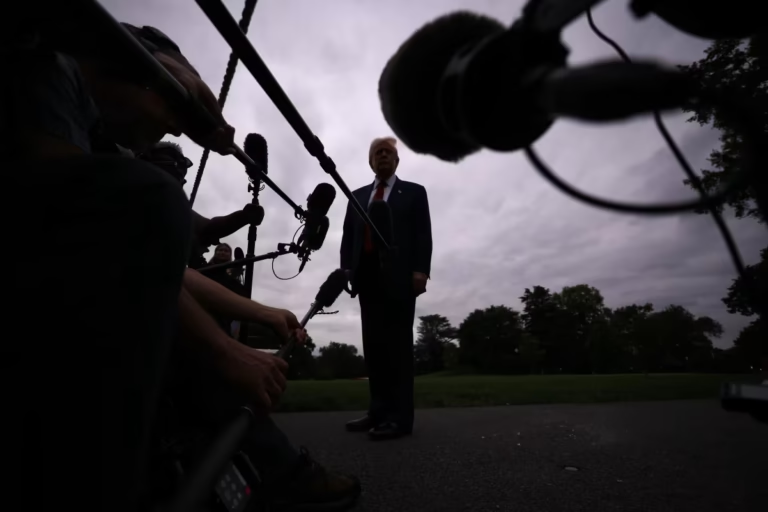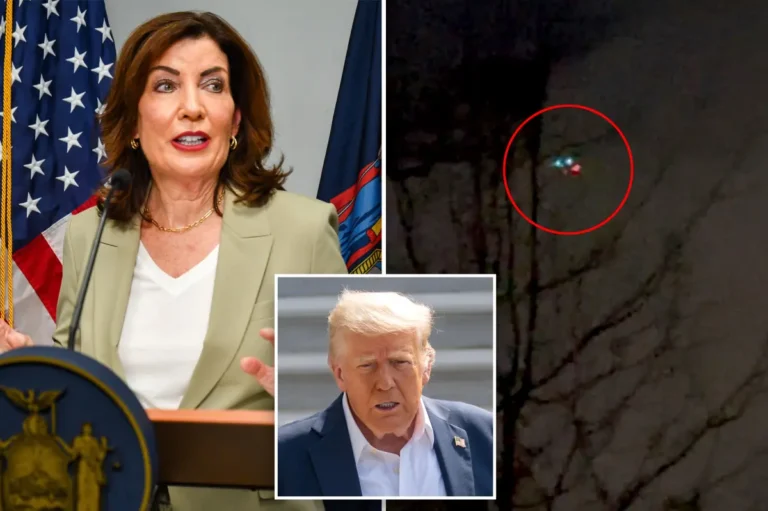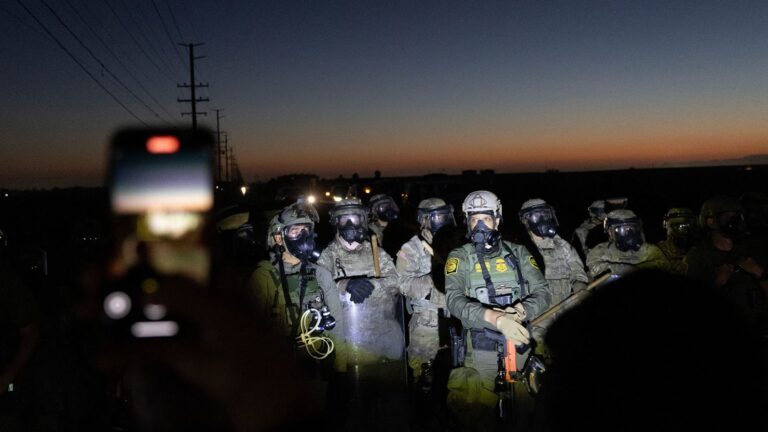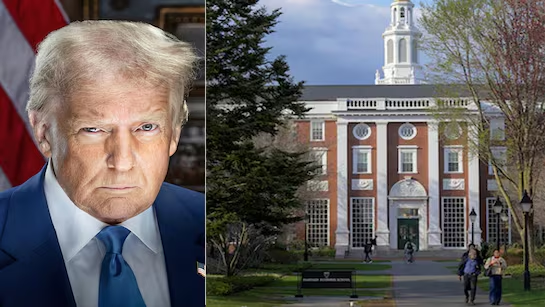
In a bold and controversial move, former President Donald Trump has intensified his campaign against Harvard University, accusing the prestigious Ivy League institution of harboring antisemitic attitudes. On Tuesday evening, Trump threatened to strip an additional $3 billion in federal grants and funding from the university, claiming Harvard has “failed to act against the growing wave of antisemitism on campus.” This announcement marks a significant escalation after the earlier cancellation of $100 million in federal contracts just last month. The Allegations Trump’s remarks, delivered during a rally in Ohio and echoed in a press statement from his campaign team, centered on what he described as “rampant antisemitic behavior” on college campuses, with Harvard at the forefront. He alleged that the university has turned a blind eye to hate speech, anti-Israel demonstrations, and incidents targeting Jewish students, particularly in the wake of recent tensions in the Middle East and the ongoing Israel-Palestine conflict. “The silence of Harvard’s leadership is complicity,” Trump declared. “The American taxpayer shouldn’t be compelled to support institutions that fail to safeguard their Jewish students.” He went on to accuse the institution of fostering a culture where radical ideologies are encouraged and “hatred is tolerated as academic freedom.” Background and Context The cont
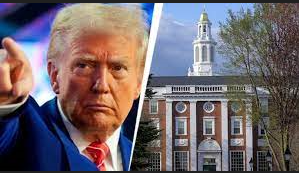
roversy comes amid rising campus activism across the United States, especially in elite universities like Harvard, Columbia, and Stanford. Protests over the Israeli government’s actions in Gaza, along with broader discussions about free speech and social justice, have led to heated debates. In some cases, those debates have been accompanied by incidents perceived as antisemitic — from graffiti and online harassment to hostile classroom environments. While Harvard has condemned antisemitism publicly and stated its commitment to student safety, critics argue that the administration’s responses have been too slow or symbolic, lacking concrete disciplinary measures against offenders. Trump has seized on this climate as part of his broader 2024 campaign platform, which emphasizes law and order, nationalism, and what he calls a battle against “woke extremism” in academia. His targeting of Harvard, a longtime symbol of American liberal intellectualism, serves both ideological and political purposes — energizing his base while reinforcing his claim that elite institutions are out of touch with American values. Harvard’s Response Harvard University has yet to issue a direct response to Trump’s latest funding threat. However, in past statements, the university has denied tolerating antisemitism and emphasized its support for open dialogue and student expression. Harvard President Alan Garber recently reaffirmed the university’s position, saying: “We unequivocally condemn antisemitism in all forms. We are dedicated to creating a welcoming and secure atmosphere for everyone in our community. Legal scholars have pointed out that Trump, even if reelected, may face constitutional and procedural hurdles in defunding a private university like Harvard. Federal funding for research and education is typically granted through congressional appropriations and competitive grants, not subject to unilateral withdrawal by the president. Political Fallout The decision to escalate pressure on Harvard has divided public opinion. Conservative groups have praised Trump’s stance, saying elite universities have become breeding grounds for extremism and discrimination. On the other hand, civil liberties advocates and many academics argue that the move smacks of political overreach and threatens academic independence. “This is not about antisemitism; it’s about controlling speech,” said a Harvard law professor, requesting anonymity due to fear of political backlash. “Using federal power to punish a university for protest or discourse is deeply dangerous.” As the 2024 election campaign heats up, Trump’s actions are likely to intensify scrutiny on elite institutions and ignite further debate over the balance between free expression and hate speech on campus. Whether his threats translate into real financial consequences remains uncertain — but the symbolic impact of his attack on Harvard is already reverberating across the academic and political landscape.
